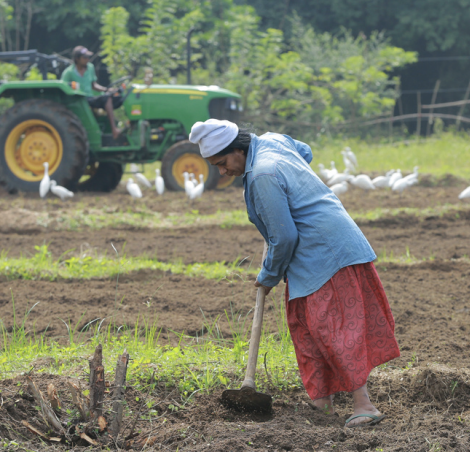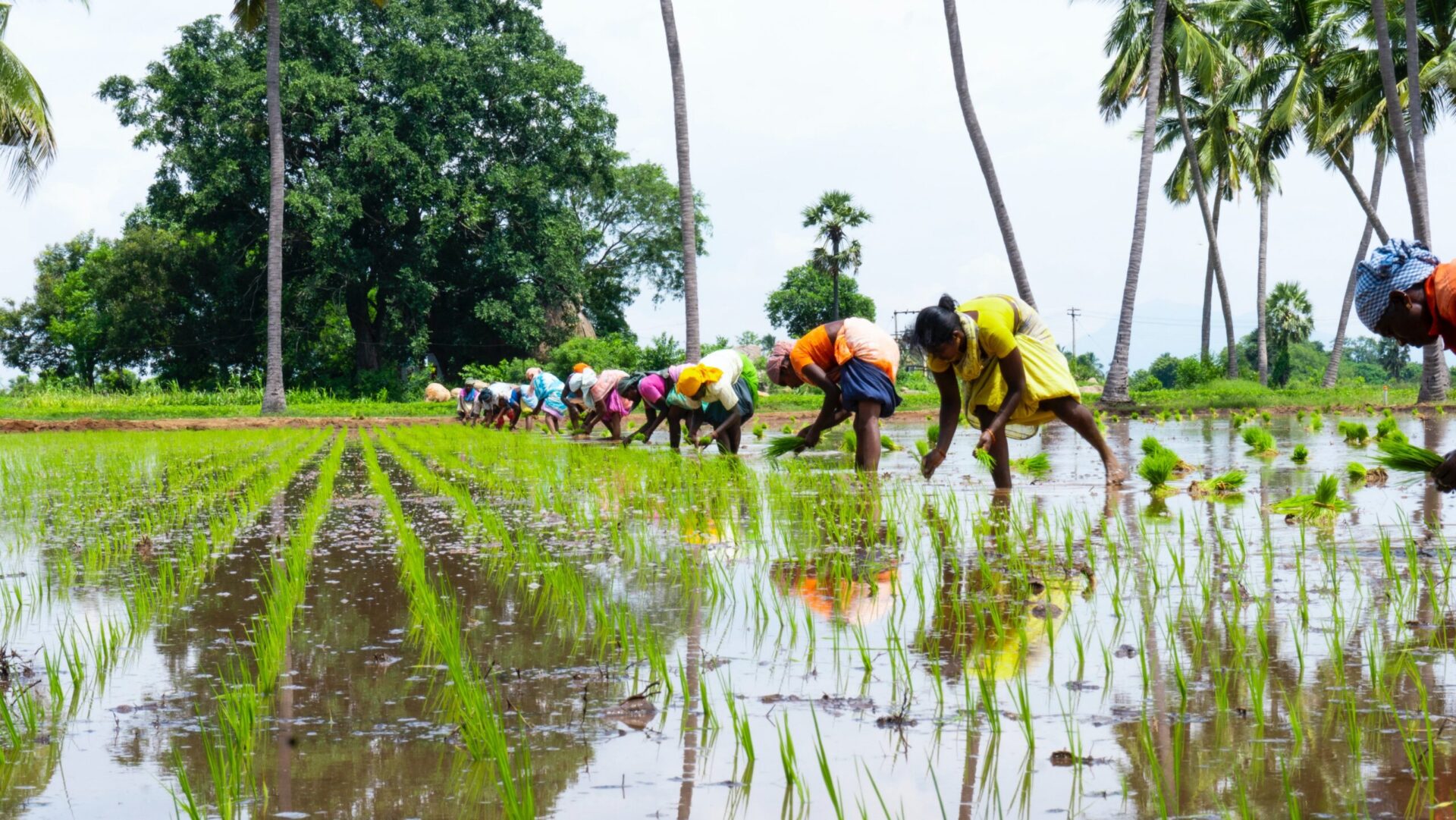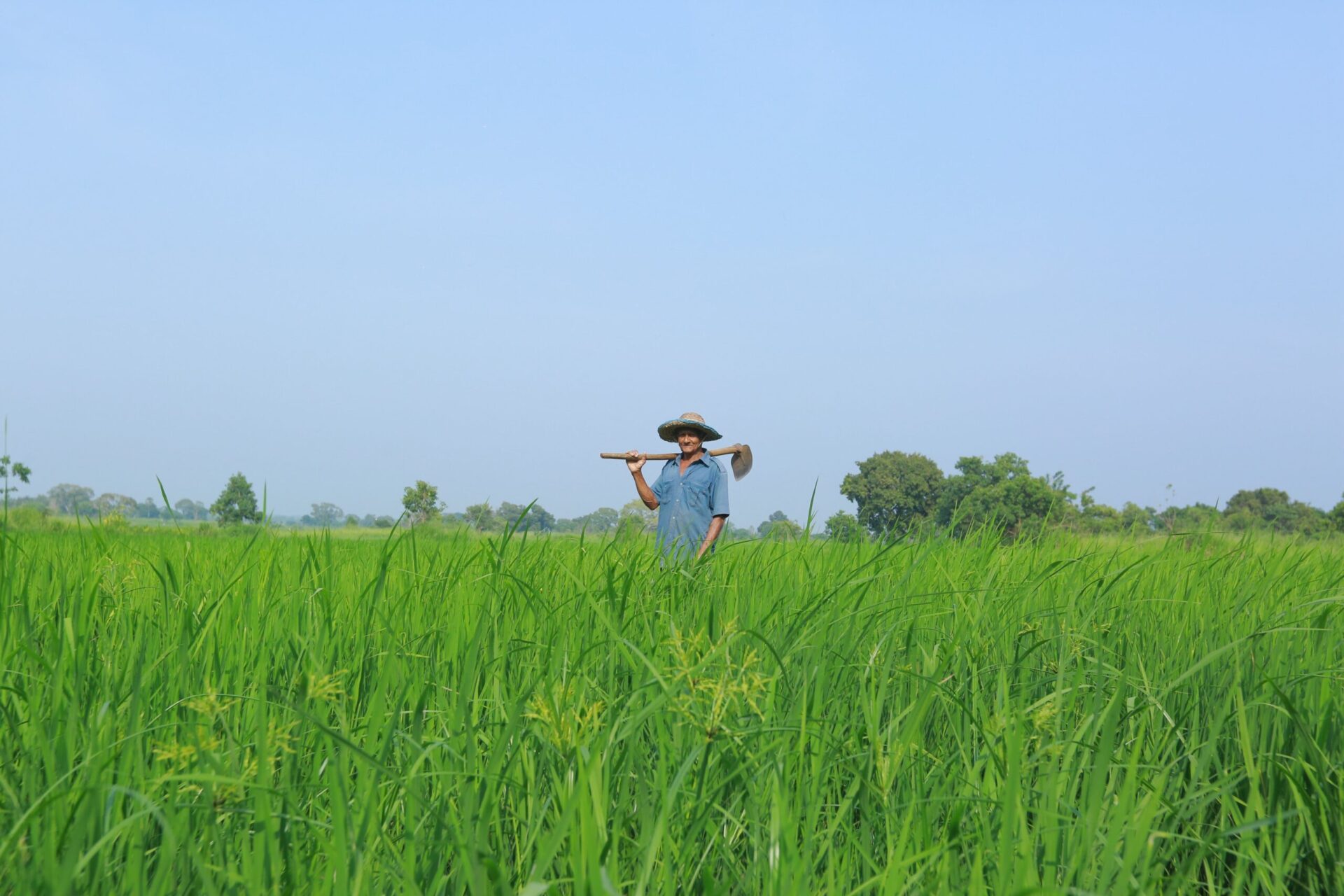SLYCAN Trust

SLYCAN Trust works to contribute to collective local and global efforts to address impacts of climate change, sustainable development, and social and economic issues hindering social justice. It aspires to achieve the organisational objectives through policy advocacy, action campaigns, ground level action, outreach and networking with like-minded organisations, awareness creation and capacity building. SLYCAN seeks to see a world where the voices of the vulnerable and the marginalized are taken into consideration in decision making and multi-stakeholder driven policy making and implementation, where grass root actors have an active role in leading change in a society for a healthier climate and a more sustainable future. SLYCAN was initiated as a youth network focusing on primarily climate change and youth engagement in 2009, and has converted since 2015 to a Trust working on issues not limited to youth, but with a wider scope of focus.
SLYCAN Trust works on climate change adaptation primarily focusin on national adaptation plans (NAP), vulnerability and risk assessments, adaptation decision making, resilience building, ecosystem based adaptation, research related to climate change, advocacy and policy analysis, community engagement. It also focuses among other relevant issues, on climate finance, MRV related to climate change adaptation, gender and climate induced migration, and climate adaptation related policy and legal reform.


